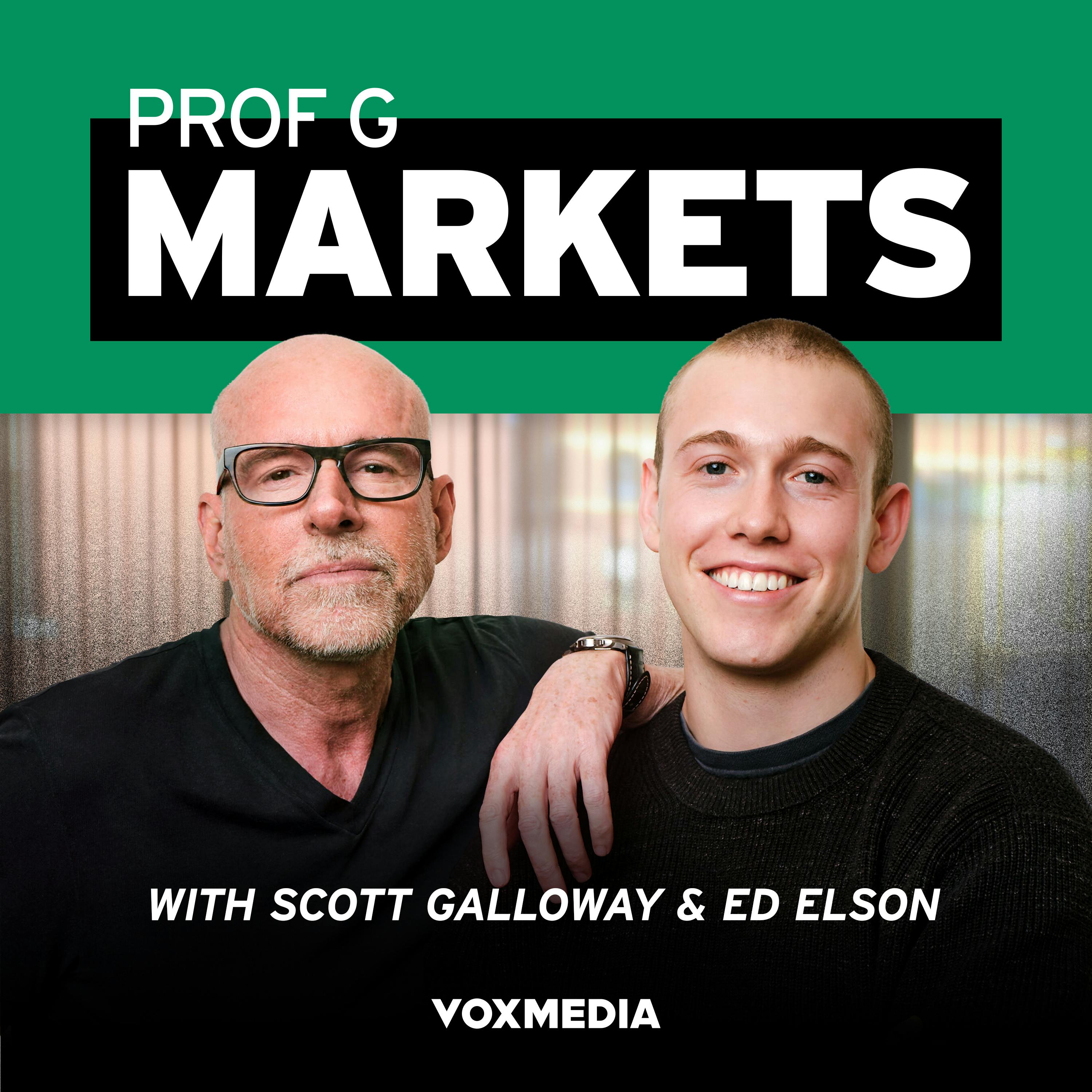PortalsOS
Related Posts
Vote to see vote counts

Modern Monetary Theory, which suggests that printing infinite money has no consequences, is a dominant economic school in many countries. This indicates a profound failure in the field of economics.

Economists and investors often struggle to predict bubbles accurately, as they tend to call bubbles continuously, leading to a 'Cassandra' effect where they are not taken seriously until they are right.

Despite everyone recognizing the problem of circular deals potentially creating a bubble, no one is slowing down. It's driven by FOMO - the fear of missing out on the AI revolution.

Our economy is strong when it meets the preferences of the people inside it, whatever they are, as opposed to having people perform to keep the economy propped up.

The default response to financial crises, like during COVID, has been to print money, which devalues currency and impacts regular people who are already struggling.

The cynical take is that we're replicating the Chinese housing bubble, but instead of housing people, we're housing computers. Data center spending accounted for half of GDP growth in 2025. Without this bubble of excitement about AI, we'd be in trouble.

The current investment climate shows signs of macro nihilism, where investors are less cautious and more willing to take risks despite economic uncertainties.

The current financial system incentivizes people to invest in assets to outpace inflation, leading to speculative behavior and increased debt.
The current economic environment is characterized by a sense of nihilism, with investors willing to take risks despite uncertainties, driven by fear of missing out.
The AI bubble remains large but hasn't popped. Companies like OpenAI are selling a high-margin story while hoovering capital cheaply and investing in infrastructure, which may not depreciate as fast as expected.